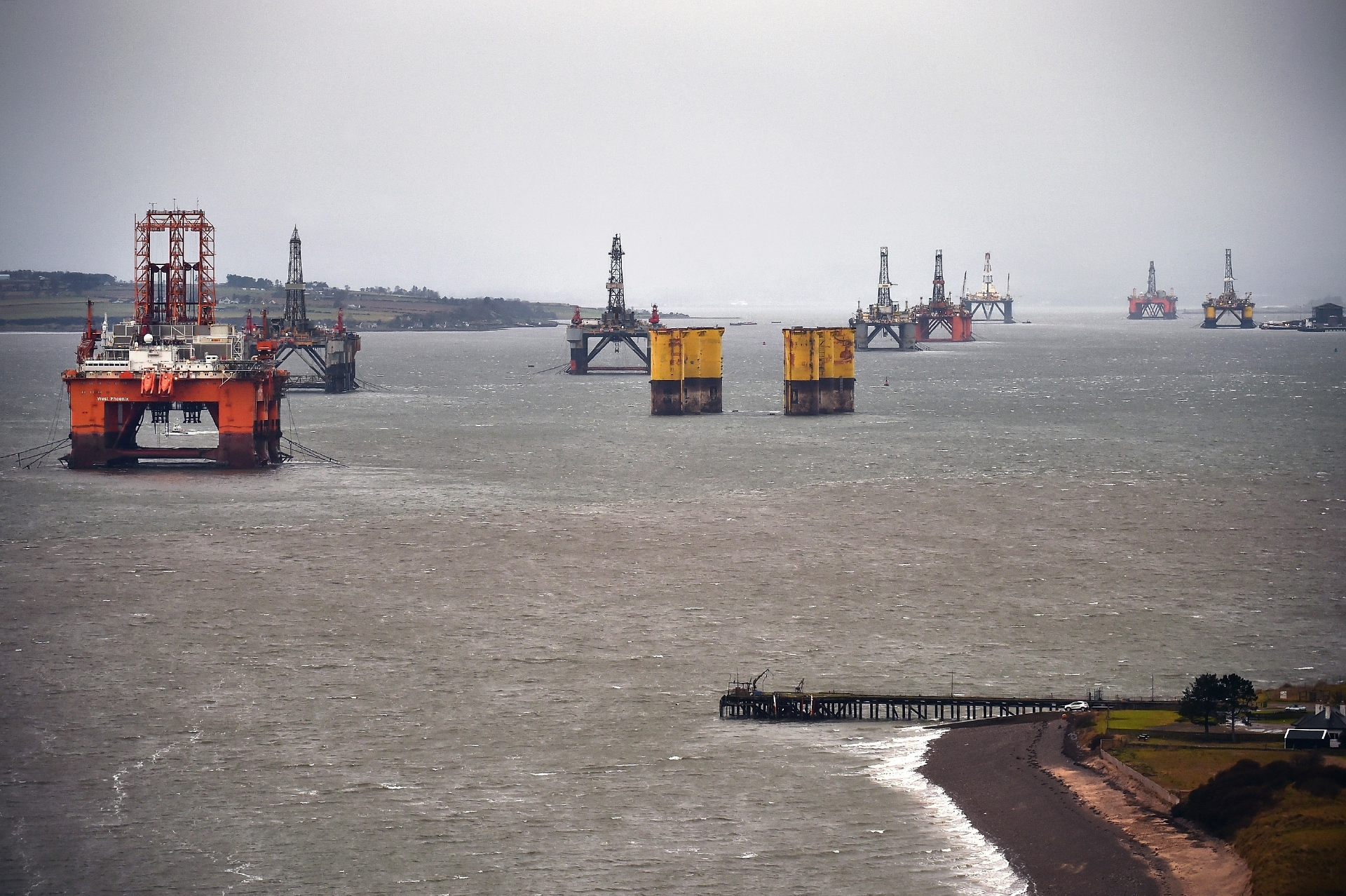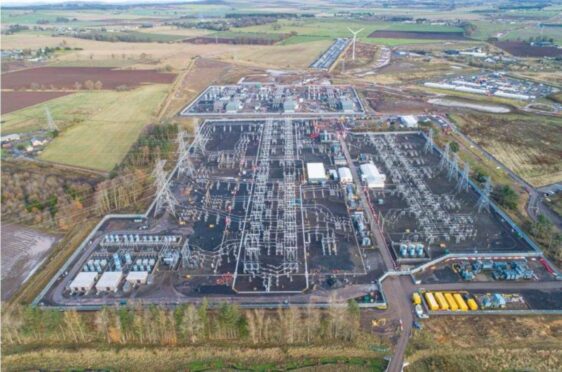The North Sea oil and gas industry has two years to get its act together, according to a major new report.
PwC’s latest study “A Sea Change” says the North Sea basin has a two-year transformation window to ensure a strong, productive and profitable future for the sector.
The professional services firm interviewed 37 senior executives in the UK, Holland and Norway working across industry, academia and Government.
The report said progress has been made in tackling cost efficiency and implementing recommendations from the 2014 Wood Review, but any inertia at this pivotal moment could lead to decline at an exponential rate.
There was significant optimism among the executives that with the right leadership, innovative strategies, intervention and co-operation between operators, oil field service sectors and government, the North Sea can continue to provide a few more decades of production.
A robust roadmap is needed to transform the basin, meet short term energy needs and bridge the gap to a lower carbon future, however.
Alison Baker, PwC’s UK and Europe, Middle East and Africa oil and gas leader, said there will need to be drive and direction from Government, the Oil and Gas Authority (OGA) and industry for the transformation to be a achieved.
“We picked up a real sense of urgency to create one last cycle of success that will retain and generate jobs, stimulate growth and ensure security of energy supply,” she stated.
“This was matched by a level of frustration at the fundamental issues that need tackling to avert the risk of rapid and premature decline.
“Part of the solution is for government agendas across Treasury, DECC and the OGA to be much better aligned to the needs of the whole industry, from super majors to smaller oil field services firms.
“The majority of respondents also want government to take a lesson from Norway and Saudi Arabia and be bold in setting out their blueprint for the future.
“This must incorporate onshore activity as well as defining how the North Sea basin will evolve in the short to medium term and, crucially, how the end game – and subsequent transition to a low carbon landscape – will be managed.”
The report said a new, innovative leadership style required to change behaviours and set blueprint for future success.
Talented young professions should be kept in the North Sea, instead of being exported to frontier basins, to encourage innovation and forward-thinking leadership.
It also recommended a “super joint venture vehicle” to consolidate smaller and fragmented assets under one operator.
Such an investment vehicle could drive greater cost-efficiencies, boost bargaining power with suppliers, and enable a more co-ordinated approach to decommissioning of the asset pool
The OGA was praised for helping draft the Maximising Economic Recovery petroleum strategy, securing £40 million of government funding to shoot new seismic surveys over frontier areas the industry is keen for the regulator to lead from the front.
Kevin Reynard, senior partner with PwC in Aberdeen, added: “The North Sea still has a strong couple of decades ahead of it but the decisions to sustain it in that period need to be taken quickly.
“It’s vital that governments and industry come together and agree a blueprint for action. No one company standing alone can weather this but if all interested parties join forces to address the issues then there is hope for the North Sea.”
He added: “With the right momentum the industry can secure a sustainable future and successfully manage the transition to a lower carbon economy in the years ahead, which can benefit not just the north-east of Scotland but the wider North Sea basin.”
On Friday industry body Oil & Gas UK warned that the oil price downturn will cost an estimated 120,000 jobs by the end of this year.
Chief executive Deirdre Michie said the sector needed to be more efficient to restore competitiveness.










